Hi! I am Kate and I volunteered with ICS Progressio on an HIV and AIDS project alongside a local NGO - Towvirane, in Mzuzu, Malawi, from October to December 2015.
My aim is to give you a sense of what it was like for me to work with national volunteers and what I learnt from them!
1) I learnt to value sass. Sass is a quality I have always admired and keeps me both entertained and on my toes. However, you are not ready for another culture's sass until you experience it, and I experienced its Malawian representative during my ICS placement. We all have this warped notion that we sometimes know best, giving us claim to a degree of sass. When you're in someone else's country, they know that they know best, giving them the right to an incredible amount of sass.
I quickly learnt that sass in Malawi took one of two forms:
(a) Complete silence and dismissal, or
(b) "You Brits know nothing, I know my community and let me tell you how they work". Boom.
I have a lot of respect for assertiveness, and let me warn you that this kicks in around week 2. Once you've accepted that their sass is better than yours - no doubt it's better than yours - it dies down and only reappears in the final weeks under the stress of bringing all of your projects to a close. The moral of this story is to always remember that they know their local community, have the best connections, and the more respect you have for their local knowledge, the more willing they will be to help you when you need it most.
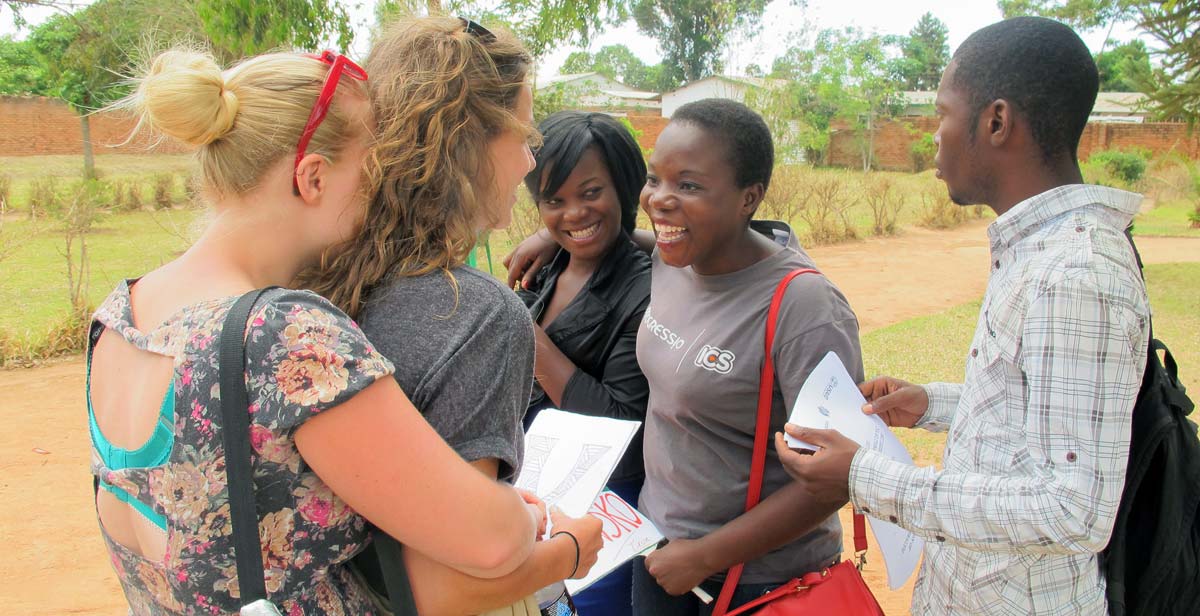
2) Work-life balance. It's not just about working with national volunteers, it's also about living with them and being their friends and allies. The better you are at integrating within their communities, the more they'll respect you at work and the easier it'll be. You are coming into their country to help them make a difference within their communities, not to change anything single-handedly. Being professional but friendly, valuing them as co-workers but also as a human with emotions and ideas, will get you a long way. So really, you don't just work with national volunteers, you work with wonderful, knowledgeable, ingenious, caring individuals, who deserve to be heard and treated as more than just colleagues. Greet them in their local language, eat lunch with them in the local market, compliment them on their new shoes, go to church with them, and praise them on what they've achieved at work during team meetings.
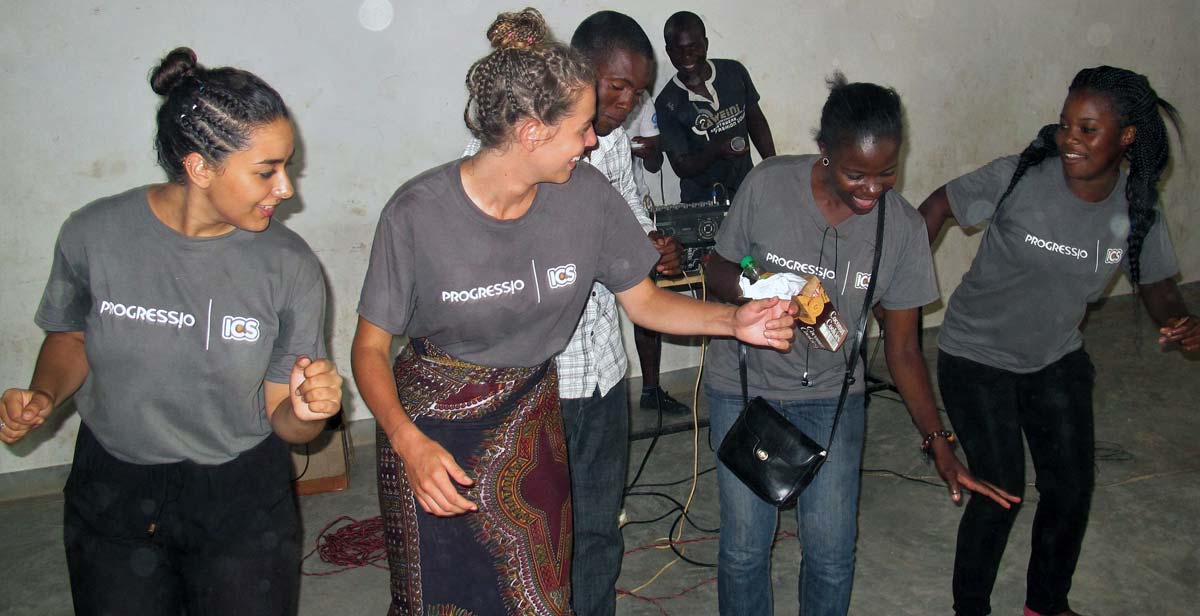
3) You won’t always get along with everyone. So after recommending being a loveable care bear, I should highlight that working in a multicultural work environment is basically like any other work environment. There will be the guy who only talks about himself, and the girl who always wants to watch a film instead of preparing tomorrow's presentation. That is what it is like to have a job. It is not always because we have different cultures, it is because we are all human. You will also do something that annoys them too. Get over it and become a care bear again.
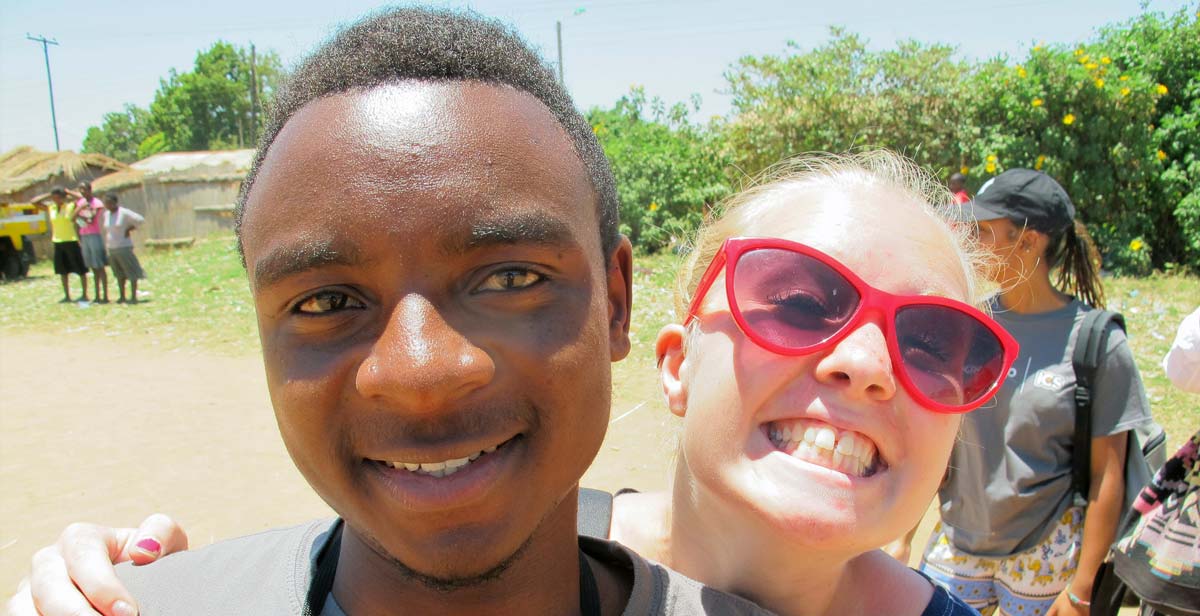
4) Cultural identity and beliefs are important. I worked on an HIV and AIDS project, and in the UK we treat anything medical with a hyper-biological and clinical approach. Not all countries have as little regard for cultural norms or religious preferences as the UK when it comes to health. As an anthropology graduate this had not escaped me, but it was all put into perspective during my placement. One of the challenges for UK volunteers was understanding cultural barriers to accessing health care. Indeed, there will be challenges to overcome. The local communities rely heavily on their religious and community leaders, and will follow their advice on health care over yours, regardless of its message. This was difficult for the UK volunteers at times. However, remember that we argue about whether clotted cream should be on the jam or vice-versa, and we also debate whether milk should go in our mugs before or after the tea. All of this over one cream tea. So take a breath. You will have extensive debates about issues that both UK volunteers and national volunteers feel passionately about, but disagree on. There will be occasions when you will consider someone's attire inappropriate for the day's activities, you will use words that you thought were innocent but turn out to be offensive (the word ‘silly’ is hugely offensive in Malawi). You will forget that your cultures are different and that that is OK. Malawi has great amounts of respect for their elders and local traditions. This is not to say that either is right or wrong, but through working with national volunteers it will teach you the importance of culture, to question your culture and to wake you up to its oddities. It's clotted cream on top and the milk goes in first. There, I said it.
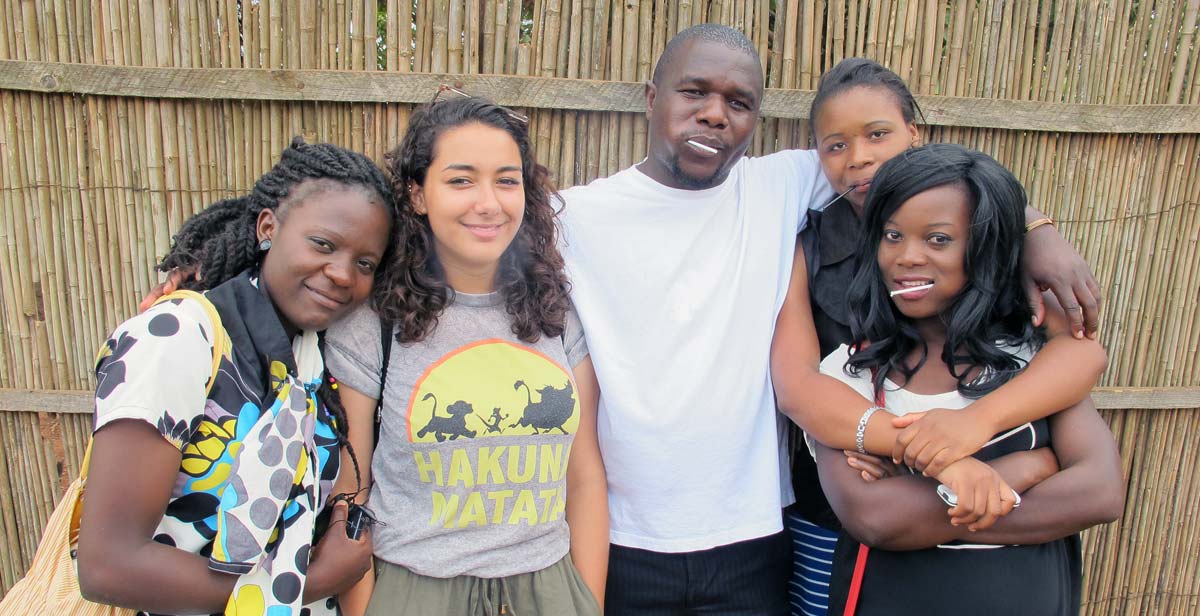
5) Finally, you will learn a lot from the national volunteers. This point is somewhat obvious but I guess it brings together the first four statements. You will perform the same job as all of your fellow volunteers, UK and national, apart from UK volunteers need to walk further, metaphorically, to perform the same task. Firstly, as previously mentioned, you don't have the local knowledge that the national volunteers have, so you need to learn from them before taking another step. Secondly, you have flown thousands of miles away from home and you are in a completely different environment, and you don't have the same support system as you would at home (at least not at first). As a result, you may be dealing with challenges you have never encountered before, and have to face them while in the process of adapting to a completely new environment. On the other hand, the national volunteers are often in their own environment and living in their family homes, where many of them have additional responsibilities, including caring for their family, both financially and pastorally, whereas for many of the UK volunteers, they can relax at the end of the day. So once again, you need to learn from the national volunteers to both understand the challenges and adapt to your new environment. However, you should never feel sorry for yourself to have to walk further to achieve the same task. You should always work that little bit extra to show your dedication. Firstly, the national volunteers are putting in time and effort trying to help you understand and integrate in their world. Moreover, people who live in a developing country often have a much more challenging life than you. You are putting in an extra ounce of effort at work, but they are going home after work to support their families and make a living. So, yes, the national volunteers will teach you about local customs, you will learn to adapt to a new environment, you will learn to work hard, but you will also learn from national volunteers to be humble, and not expect anything in return. You won't get a gold star, people who deserve gold stars in Malawi generally don't get them, but you will grow stronger and become more human. And you will never forget how your national volunteers sat there patiently, opened up their culture and life to you.
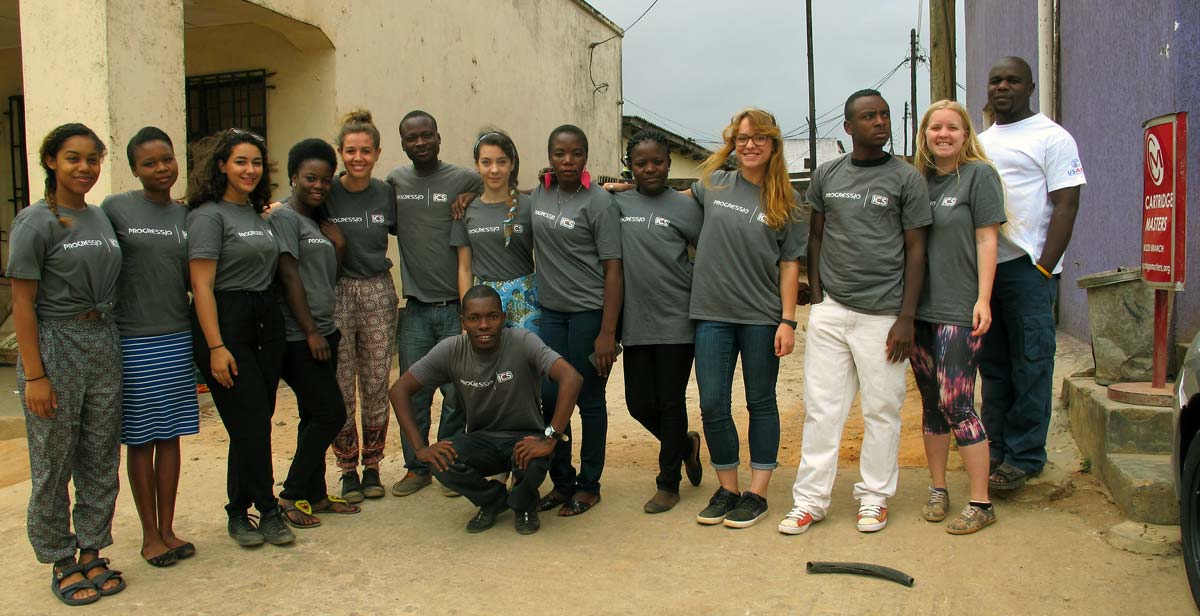
To summarise, working within a multicultural team is ‘challenging’, which is also the word I chose to describe my ICS placement (see the ‘ICS volunteering in one word’ video). It will teach you a lot, you will come out stronger and more culturally aware, and you will learn to love all (or almost all) the members of your team.
Written by ICS Alumni Kate Warner (October - December 2015, Team Kusintha, Mzuzu, Malawi)



